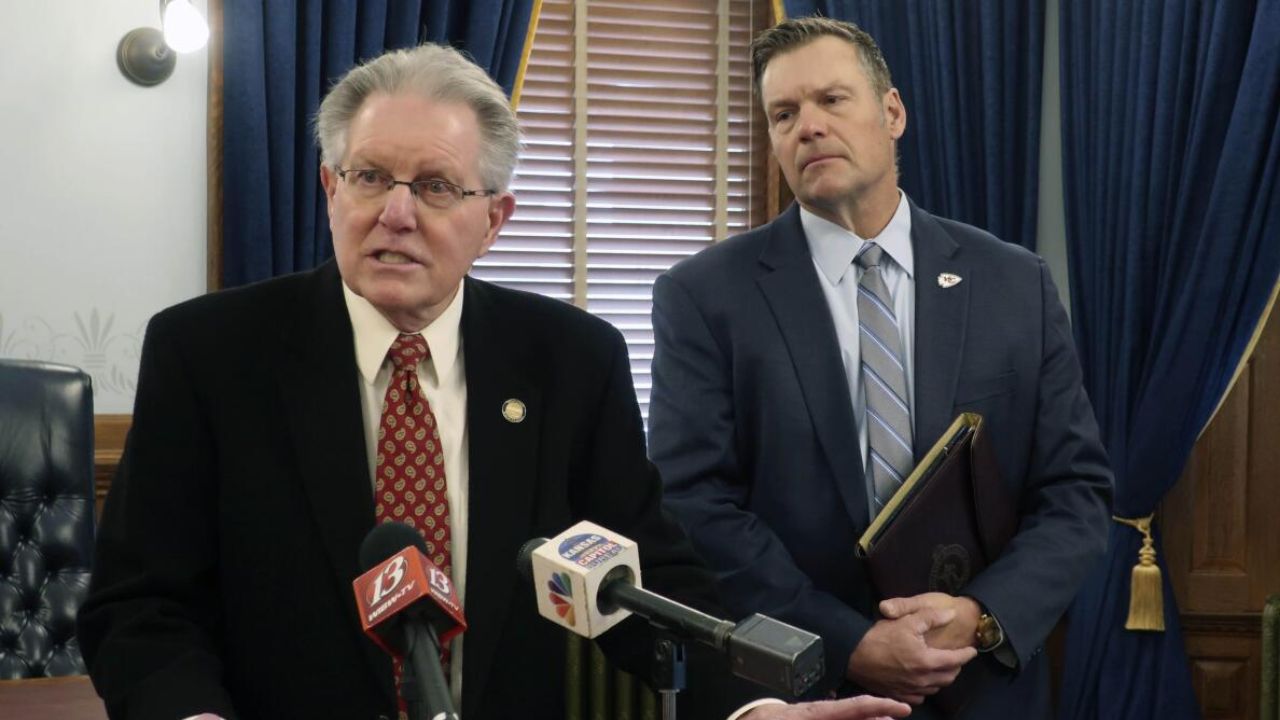Kansas’ Governor Has Killed Proposed Limits On Foreign Land Ownership
Proposed restrictions in Kansas on the foreign ownership of land died on Friday, May 11, when the state’s Democratic governor vetoed a bill that top Republican lawmakers argued would protect military bases from Chinese spying.

The Kansas House’s top GOP leader accused Gov. Laura Kelly of “apathy” toward serious national security threats from China and other nations declared by the U.S. government to be adversaries “of concern,” including Cuba, Iraq, North Korea and Venezuela.
The bill would have prohibited more than 10% ownership by foreign nationals from those countries of any non-residential property within 100 miles of any military installation or most of Kansas.
A Kansas State University report last fall said that Chinese ownership accounted for a single acre of privately owned Kansas agricultural land and all foreign individuals and companies owned 2.4% of the state’s 49 million acres of private agricultural land. The bill would have required the university to compile annual reports on all foreign real estate ownership, including non-agricultural business property.
Further, Kelly said in her veto message that while Kansas needs stronger protections against foreign adversaries, the bill was so “overly broad” that it could even disrupt “legitimate investment and business relationships.”
She further added that, “I am not willing to sign a bill that has the potential to hurt the state’s future prosperity and economic development.”
Kansas exported $14.1 billion worth of products in 2023, according to the U.S. Department of Commerce’s International Trade Administration. Moreover, China was its fourth-largest trading partner, with $848 million worth of exports, just behind Mexico, Canada and Japan.
However, Kansas already limits corporate ownership of agricultural land. According to the National Agricultural Law Center, more than 20 other states restrict foreign land ownership.
Kansas House Majority Leader Chris Croft, a Kansas City-area Republican and retired Army officer who was among the most vocal supporters of the bill, said Kelly’s veto leaves its military bases and other critical infrastructure “wide open for adversarial foreign governments.”
After the veto, Croft said in a statement “The assets of this state are too important for us to sit on our hands and wait until it’s too late.”


Comments are closed.